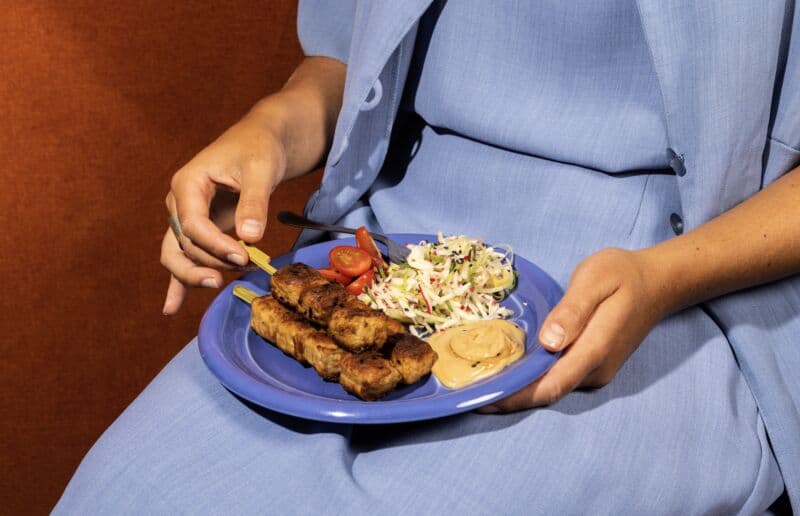MOA Foodtech: “AI is Transforming the Way We Approach Fermentation and Ingredient Development”
MOA Foodtech is a biotechnology company specializing in the use of fermentation and AI to produce healthy, sustainable food ingredients from agricultural byproducts. The company’s focus is on creating next-generation proteins that are both nutritionally rich and technologically versatile, offering a revolutionary solution to food waste while providing sustainable alternatives to traditional protein sources. Bosco Emparanza García is the CEO and founder of MOA Foodtech. With a background in biochemistry and an MBA in biotechnology, Bosco has extensive experience in the biotechnology, pharmaceutical, and food industries, including a notable role at AINIA Centro Tecnológico. In this interview, Bosco discusses how AI-driven fermentation is revolutionizing ingredient development, the environmental benefits of upcycling agricultural byproducts, and how MOA Foodtech is shaping the future of sustainable protein production. …



















